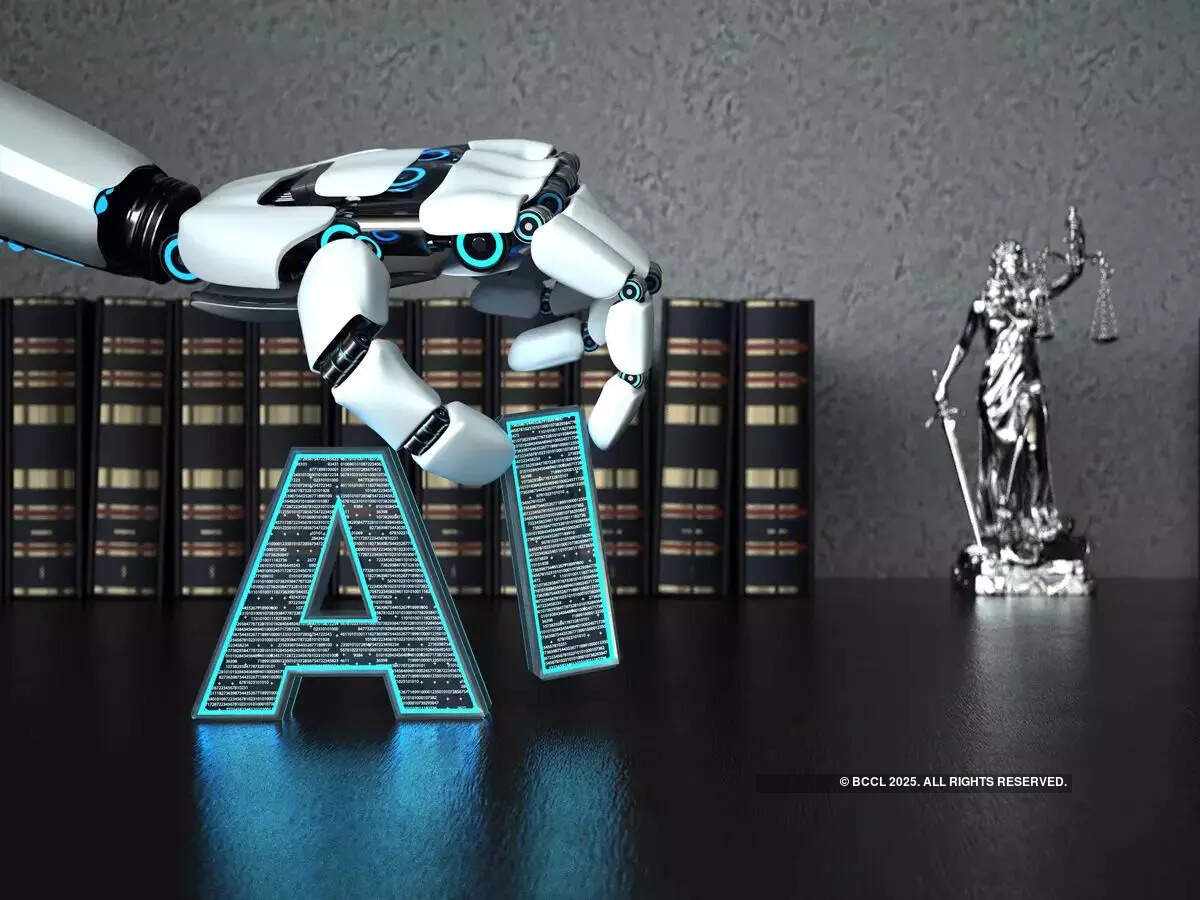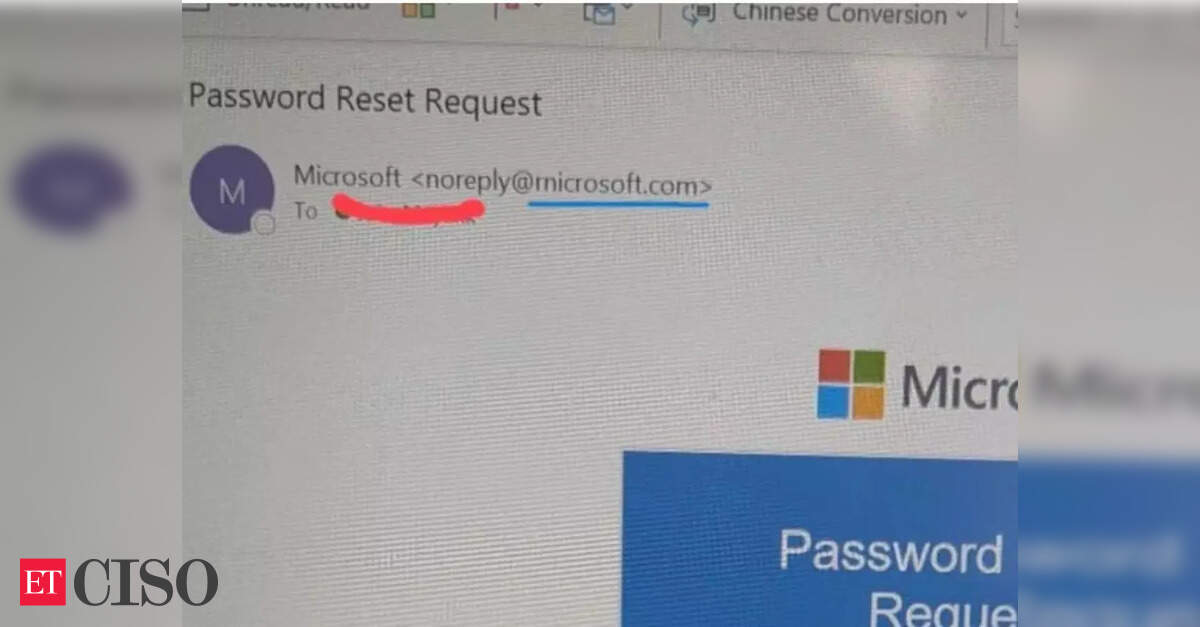Here is a rewritten version of the content without changing its meaning, retaining the original length and keeping proper headings and titles as required:

In the quest to maintain a competitive edge in artificial intelligence, major technology companies are acquiring the talent and products of innovative AI startups without formally acquiring them.
Now, three members of the US Senate are calling for an investigation into this practice.
San Francisco-based Adept recently announced a deal that will send its CEO and key employees to Amazon, granting the e-commerce giant a license to Adept’s AI systems and datasets.
This deal has been referred to as a “reverse acqui-hire” by some, while others call it poaching. Regardless of the terminology, it has raised concerns among some in Washington who view it as an attempt to circumvent US laws protecting against monopolies.
“I am deeply concerned about the massive consolidation occurring in the AI sector,” US Senator Ron Wyden, an Oregon Democrat, told The Associated Press. “The technical term is ‘up and down the stack,’ but in plain English, a few companies control a significant portion of the market and focus on acquiring talent rather than innovating.”
So-called “acqui-hires,” where one company acquires another to absorb its talent, have been common in the tech industry for decades, according to Michael A. Cusumano, a business professor at the Massachusetts Institute of Technology. However, the current trend in the AI industry has a distinct twist.
“Acquiring only some employees or the majority, licensing technology, and leaving the company operational but non-competitive is a new approach,” Cusumano explained.
A similar situation occurred at AI company Inflection in March when Microsoft hired its co-founder and CEO, Mustafa Suleyman, to lead Microsoft’s consumer AI business, along with Inflection’s chief scientist and several top engineers and researchers. This arrangement has already attracted regulatory scrutiny, particularly in Europe.
Wyden is also urging US regulators to investigate the Amazon-Adept deal. He, along with fellow Democratic Senators Elizabeth Warren of Massachusetts and Peter Welch of Vermont, sent a letter on Friday to antitrust enforcers at the Justice Department and the Federal Trade Commission, stating that “sustained, pointed action is necessary to combat undue consolidation across the industry.”
Amazon did not immediately respond to a request for comment on Friday.
“What’s happening here is that instead of acquiring startups outright, big tech companies are trying a new strategy,” Wyden said in an interview prior to sending the letter. “They don’t want to formally acquire companies to avoid antitrust scrutiny. I believe this will be their playbook until the FTC starts thoroughly examining these deals.”
DOJ and FTC officials did not immediately respond to requests for comment on the senators’ letter.
The Biden administration and lawmakers from both parties have championed stronger oversight of the tech industry in recent years, likely deterring big acquisitions that might have been approved in the past. US antitrust enforcers, for instance, plan to investigate the roles Microsoft, Nvidia, and OpenAI have played in the artificial intelligence boom, with the Department of Justice looking into chipmaker Nvidia and the Federal Trade Commission scrutinizing business partners Microsoft and OpenAI.
Tech giants, including Microsoft, Amazon, and Google, are being cautious and avoiding making too many acquisitions in the AI space, Cusumano said.
“It seems clever, but I think they’re not fooling anyone,” he stated.
For smaller AI startups, the issue is also that developing AI systems is expensive, requiring costly computer chips, power-hungry data centers, vast amounts of data for training, and highly skilled computer scientists.
Adept, which aims to create AI software agents that assist people with workplace tasks, stated that it was attempting to do two things simultaneously – build foundational AI technology and develop products for end-users. However, continuing on this path “would have required significant attention on fundraising for our foundation models, rather than bringing our agent vision to life,” it explained in a statement regarding the Amazon deal.
“They may have made a decision that they have no real future and don’t have deep enough pockets to compete in this space, so they probably prefer to be acquired outright,” Cusumano said. “But if Amazon is not willing or able to do that, then this is a second-best approach for them.”
Wyden has long taken an interest in technology, helping to draft the 1996 law that established ground rules for free speech on the internet. He said he generally favors a straightforward approach that encourages innovation, with necessary guardrails.
However, in the AI industry, he said, “companies like Microsoft, Amazon, and Google either own major parts of the AI ecosystem or have a significant advantage due to their vast resources.”
John F. Coyle, a law professor at the University of North Carolina, believes that Amazon hiring Adept employees without buying the company is a clear attempt to avoid antitrust issues. However, he does not consider this a “reverse acqui-hire.”
Acqui-hires are typically face-saving moves that can be spun as success stories, Coyle explained, providing an alternative to liquidating a business. A smaller company can claim it was sold to Amazon or Facebook parent Meta Platforms and spin it as a positive, even if it wasn’t the founders’ original plan.
“This isn’t an acqui-hire; this is a straightforward poach,” Coyle said of Amazon and Adept.
This phenomenon is not unique to the tech world, he noted, referring to it as “a version of a very old story.” In his class, Coyle teaches students about a case from the 1950s involving an advertising agency in New York City, where some employees left to start a new business and poached approximately 100 others to join them.
“There are numerous instances where one company raided another to take all their employees,” Coyle said. “This existed before the acqui-hire and will continue after the acqui-hire.”





